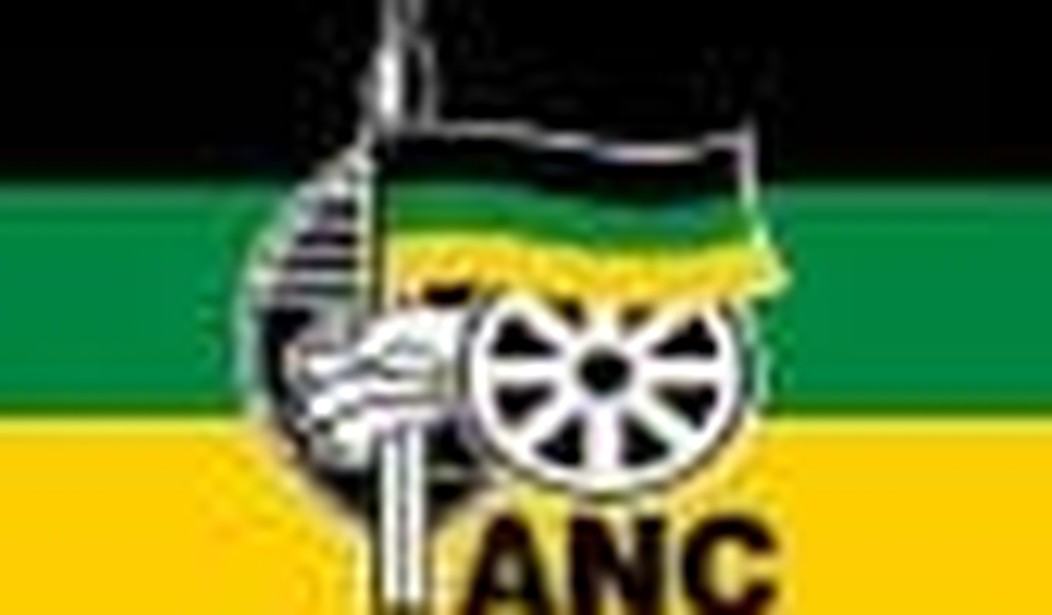There is much turmoil at the top in South Africa today. A messy succession battle in the ruling African National Congress (ANC) rages, during which intelligence services have been increasingly politicized to serve the aims of competing factions. The constitution is under fire, as are other democratic institutions from an increasingly powerful party apparatus to which the state is subservient. Indeed, since the ascent of the ANC to power in 1994, the line between party and state has increasingly become blurred.
A new, innocuous-sounding General Intelligence Laws Amendment Bill fits into this context. On the surface, this change makes perfect sense: who wouldn’t want a streamlined intelligence structure curtailing duplication and cutting out wasteful expenditure? The bill provides for a merger of the domestic National Intelligence Agency (NIA) and the foreign-oriented South African Secret Service (SASS) into one organization.
However, as several South African journalists have pointed out, the bill concentrates a lot of power in the hands of Minister of State Security Siyabonga Cwele and others seeking to increase government power, leaders who often use it in service to a specific ANC faction.
For example: since 2005, the NIA has been something of a political football used by the backers of former President Thabo Mbeki and current President Jacob Zuma against each other as they fought for the presidency of the ruling party — the ANC — and the presidency of the country.
Notoriously, former police Crime Intelligence head Mulangi Mphego provided classified material to Zuma’s lawyer Michael Hulley. The information included conversations between Leonard McCarthy — the former head of the Scorpions, an elite organized crime busting unit within the National Directorate of Public Prosecutions — and Bulelani Ngcuka, the former national director of Public Prosecutions. On the basis of this information, Hulley scuttled President Zuma’s corruption trial. This paved the way for Zuma’s ascent to the presidency.
There are other indications that the politicization of the intelligence community is continuing apace, and that the ruling ANC has a seemingly privileged relationship with the intelligence community. Responding to media reports of irregular tenders being awarded to then ANC Youth League President Julius Malema, in February 2010 Malema claimed he had secret documents detailing a vendetta against him and others supporting Jacob Zuma ostensibly compiled by state security agencies. This prompted President of the Congress of the People (COPE) Mosiua Lekota to declare:
In terms of our law, no private citizen is entitled to have access to State information, especially not information which is often classified. The revelation by Mr. Malema that he is in possession of a State intelligence document suggests that this private citizen has free access to what otherwise is State property from which all private citizens are excluded. COPE is entitled to demand an explanation from President Zuma and the Minister of Intelligence why this special dispensation is accorded to Mr. Malem.
In a similar vein, leader of the opposition United Democratic Movement (UDM) Bantu Holomisa raised questions as to why NIA was trying to undermine the political opposition during local government elections in 2011. According to Holomisa, NIA agents approached a UDM candidate and offered him remuneration to serve as an agent for NIA within the UDM organization.
It would seem that the current bruising leadership tussles in the ruling ANC party are also causing deep divisions within the intelligence community.
Minister of State Security Siyabonga Cwele, who is very close to incumbent President Jacob Zuma, wanted some senior ANC leaders to be spied on. The heads of his intelligence services, Jeff Maqetuka (heading the State Security Agency), Gibson Njenje (heading the NIA, and Moe Shaikh (heading the SASS), all defied the order. Consequently, all three have left the intelligence services.
In 2006, then-Minister of Intelligence Ronnie Kasrils received a report from National Intelligence Coordinating Committee (NICOC) pointing out that that the majority of serving intelligence officers “ … had been active in the struggle against or in defense of apartheid during the Cold War. The experiences and training of this era had inculcated a culture of non-accountability of intelligence and security services, and a no-holds-barred approach to intelligence operations.”
Over the past few years, South Africans were confronted several times with the reality of the intelligence services undermining the country’s hard-fought-for democratic institutions. The communications of the judges of the highest court of the land — the Constitutional Court — were intercepted by the NIA, while other NIA agents sought to stop the prosecution of former National Police Commissioner Jackie Selebi. Meanwhile, journalists exposing the corrupt leases practices within the South African Police Services (SAPS), like the Sunday Times’ redoubtable Mzilikazi wa Afrika, had their communications eavesdropped on by the country’s intelligence services.
The centralization currently taking place in intelligence structures bodes ill for the future of this democratic state. The drums of totalitarianism beat ever louder.









Join the conversation as a VIP Member